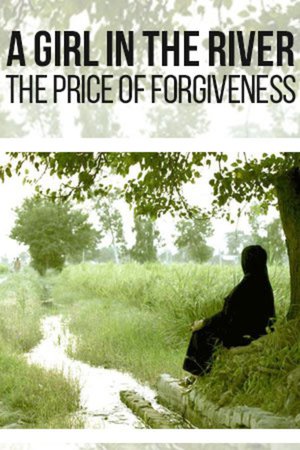What’s street harassment like around the world?
This was a question that Malaka Gharib at NPR wanted to have answered after she experienced street harassment first-hand in Egypt and the USA. I connected her to women I’d worked with, from Afghanistan to Japan, from Nepal to South Africa, and they shared their stories with her. She also kindly interviewed me and gave a shoutout to International Anti-Street Harassment Week.
The article went online on Wednesday. Here’s one story example:
India: “A growing trend is pictures being taken on mobile phones”
Women and girls are constantly stared at, groped in crowded spaces and on public transportation, catcalled, whistled and commented on regularly. A growing trend is pictures being taken on mobile phones without permission by strangers. Women and girls, through experience, either avoid certain areas, do not stay out late, limit their movements in public or wear loose clothing.
Public spaces should be safe and accessible to all, especially women and girls. It is crucial and essential if we want them to fully participate in society and the economy. If not, then choices and movements are restricted — and that in turn has a negative impact on society.
ElsaMarie D’Silva, 42, founder and managing director of Safecity
The article led to over 1000 comments to the article, on Facebook, on Twitter, and today, there’s a follow-up story highlighting some of the stories shared, from Canada to Italy to Switzerland. For example:
Switzerland: “He pushed me up against a wall”
I was 14 in Endingen, Switzerland. I was walking to school when a man working on street construction grabbed me. His friends and colleagues immediately surrounded us, laughing. He pushed me up against a wall, felt me up and tried to pin me for a kiss. The men pressed closer. I got away. I told people. I told my parents. Nobody did anything. It was kind of funny, they said, and boys will be boys. — Stephanie Nakhleh via Facebook
The amazing Noorjahan Akbar, founder of Free Women Writers, and I joined Malaka and other NPR staff in studios on Wednesday to create a Snapchat video too.

I’m so grateful to Malaka and her team for providing space for women’s stories on the huge and respected platform of NPR.
Related, the Kojo Nnamdi Show had a segment on street harassment on Monday, featuring Jessica Raven Executive Director, Collective Action for Safe Spaces, Arthur Espinoza, Jr. Executive Director, DC Commission on the Arts and Humanities, and Brianne Nadeau Member, D.C. Council (D-Ward 1). YES!!!




